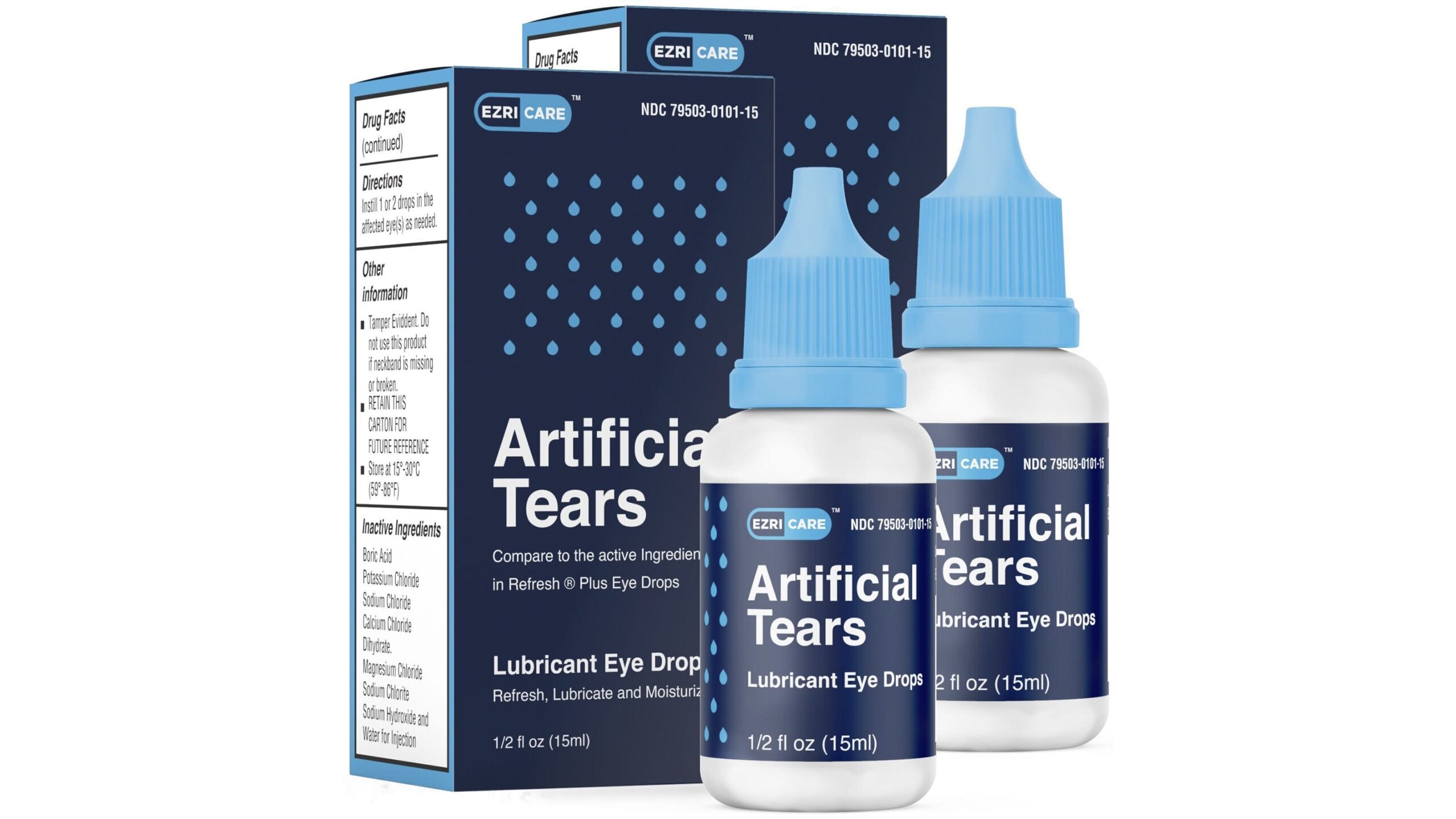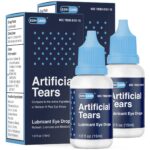On February 4th of 2023, a concerning report was released by the Centers for Disease Control and Prevention (CDC) regarding “Ezricare” eye drops. The report revealed a significant health issue associated with these eye drops, including 55 cases of Pseudomonas aeruginosa infection, a scarily dangerous strain of bacteria. Tragically, there were five instances of vision loss and one reported fatality linked to the product, leading to immediate concern in the public sphere.
Investigations into the cause of the contamination revealed that the way the bottles of the Ezricare eye drops were made, which allowed for multiple uses of the same bottle over time, played a crucial role. The lack of preservatives in the bottles facilitated rapid growth of harmful bacteria. In combination with the potential for multiple uses, the bottles accelerated the growth of Pseudomonas aeruginosa, a dangerous and antibiotic resistant strain of bacteria.
The CDC and the Food and Drug Administration (FDA) have both asked for all bottles of Ezricare eye drops to be recalled because of the bacteria. The FDA was scared of the risk of Pseudomonas aeruginosa growth, and how it can affect public health. This strain was foreign to the United States, and it posed severe threats like vision loss, bloodstream infections, pneumonia, and potential death within a short timeframe.
Patients affected by this particular strain of Pseudomonas aeruginosa were forced to undergo corneal transplants due to the grave nature of the infection. Of course, healthcare professionals and public health officials urgently emphasized the importance of hand hygiene before using eye drops or touching the eyes. They also made sure to stress the significance of securely closing the bottle after use and avoiding direct contact between the eye and the bottle’s tip to minimize the risk of bacterial contamination.
The emergence of drug-resistant infections, which claimed approximately 30,000 lives in the United States in 2020, has become an alarming issue. Bacteria and fungi constantly mutate, rendering human-made antibiotics less effective. Urgent action is necessary to reduce and prevent bacterial contamination, particularly during the manufacturing process of medicinal products that come into contact with sensitive areas like the eyes and nose.
Global Pharma Healthcare company, who is the responsible party, quickly withdrew Ezricare eye drops from the market. This incident serves as a reminder of the important need to prioritize stringent manufacturing practices and safety measures to safeguard public health and prevent future outbreaks of drug-resistant infections.
The outbreak that resulted from Ezricare eye drops underscores the potential dangers of microbial contamination and the growing threat of drug-resistant infections. Several cases of vision loss and fatalities highlight the urgency of creating robust manufacturing processes and enhanced safety measures for medical products that come into contact with at risk areas of the body.
It is important to inform consumers about the use and storage of these eyedrops. Precautions such as handwashing and avoiding direct contact of the eyes can reduce the risk of bacterial contamination significantly.
In order to prevent future debacles like the Ezricare incident, collaboration is important. Public health authorities, regulatory bodies, and pharmaceutical companies need to work together so they can establish strict guidelines for the production process of medications. Another measure that can be taken increased investment in research and alternative treatments for drug-resistant infections is also important to combat ever-evolving microbes and fungi.
By learning from incidents like the contamination of Ezricare eye drops, we can strive towards safer healthcare practices and contribute to the global fight against drug-resistant infections. Only through collective efforts and sustained vigilance that we can protect public health and ensure the safety of medicinal products for the well-being of individuals worldwide.
References
https://www.nbcnews.com/health/health-news/cdc-eye-infections-tainted-eyedrops-may-widespread-doctors-rcna69329
https://www.nytimes.com/2023/02/02/business/eye-drops-ezricare-infections-cdc.html
https://www.cdc.gov/hai/organisms/pseudomonas.html#:~:text=Top%20of%20Page-,How%20is%20it%20spread%3F,is%20contaminated%20with%20these%20germs.



